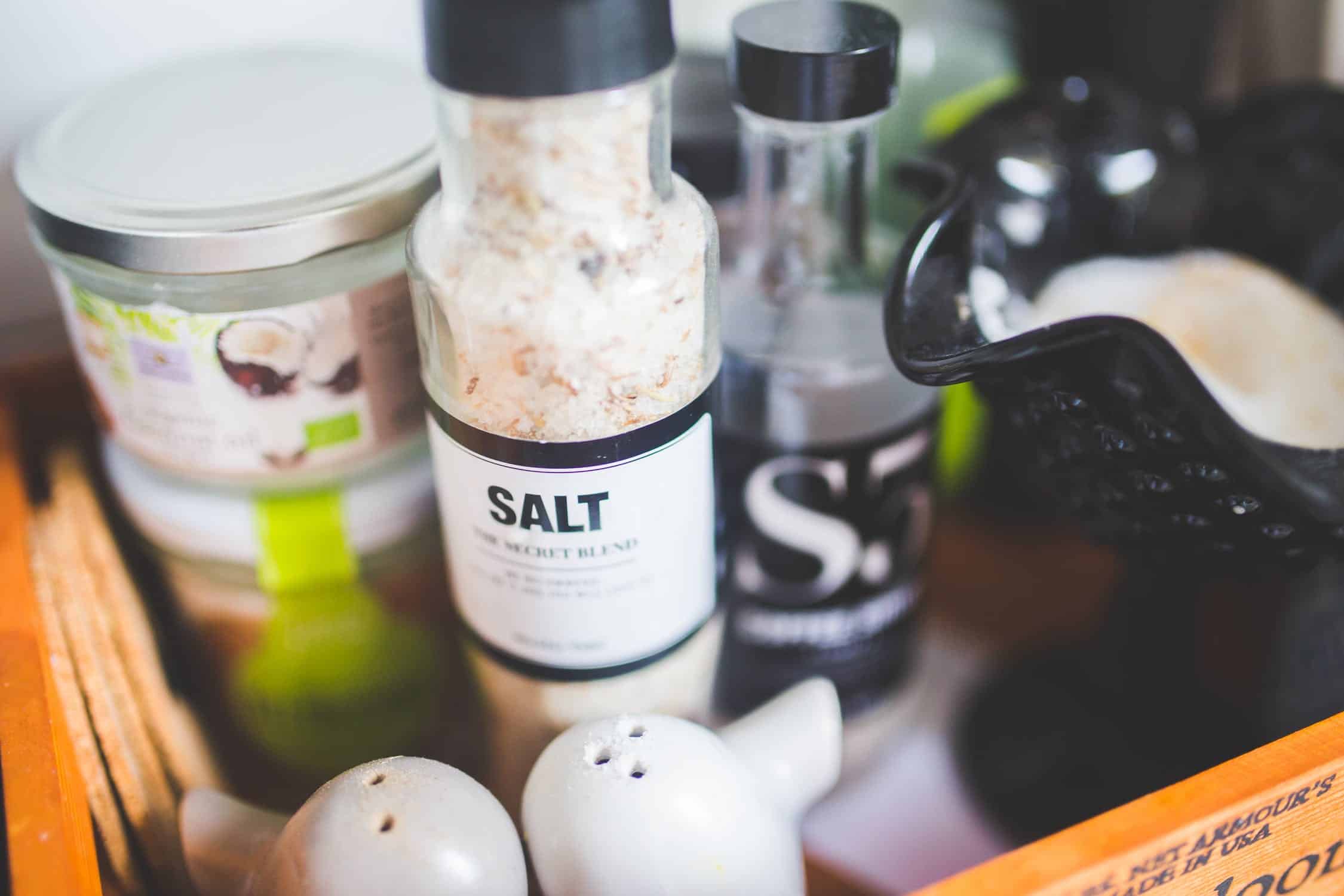
If you’ve spent much time comparing grocery prices in Louisville, KY, you probably notice there’s a big difference in price between table salt and specialty salt like pink Himalayan Sea salt. There are also two other types of salt, regular sea salt and Kosher salt. What’s the difference? Is one more beneficial to your health than another? You’ll notice the difference in texture and appearance almost immediately, but there’s also a difference in flavor and nutrition.
Salt was considered as valuable as gold at one time.
During the 6th century, there were times that a pound of salt sold for almost the same amount as a pound of gold. Soldiers were even paid in salt. Even the word salary is derived from the Latin for salt. Salt was an important preservative and in the hot climate, fish and meat spoiled quickly. But salt plays an important role in good health. Salt is sodium chloride, both of which are necessary for good brain health. Since it came originally from sea water evaporation, it contained other minerals, too.
What’s the difference between sea salt and Himalayan Sea salt?
Sea salt is derived by evaporating sea water. It may contain other minerals found in the sea, considered by some as impurities and by others as benefits. It has a different color, taste and texture because of those elements. Some believe it has anti-inflammatory properties and can improve digestion. Himalayan salt is sea salt, but it comes from seas that existed in Pakistan millions of years ago. The sea evaporated and left behind huge deposits of salt that are pink, primarily due to the iron oxide impurities. It also has calcium, magnesium, and potassium. It’s known for respiratory health benefits, balancing pH, improved sleep, regulating blood sugar and improved sleep.
Everyone knows what table salt is, but how many have used kosher salt.
Table salt is refined salt. All the impurities are removed and it’s extremely refined. It’s ground fine and anti-caking agents are added to prevent clumping. Iodine is often added to some types for those prone to iodine deficiency. Like all salt, it’s a source of sodium that improves muscle functioning, regulates cell functions, improves pH levels and strengthens nerves. Kosher salt just has larger flakes and isn’t ground as fine. It normally doesn’t have anti-caking additives or iodine.
- Sea salt provides traces of minerals, traditional table salt may be the best if iodine isn’t part of your diet. Only table salt has iodine added. A deficiency of iodine causes goiters, hypothyroidism and neurological abnormalities in children.
- Even though all salt may have some health benefits, you can get too much of a good thing, since too much sodium can cause a rise in blood pressure.
- Because the crystals are larger in most sea salt, they contain less sodium by volume, but not by weight. Fewer crystals sea salt can fit in the same space, like a teaspoon, as the finer grained table salt.
- There are trace minerals in sea salt, but it’s not healthier than table salt. You’d have to eat a shaker full of salt to make a difference and that would be extremely unhealthy.
For more information, contact us today at Body Sculptors Personal Training
